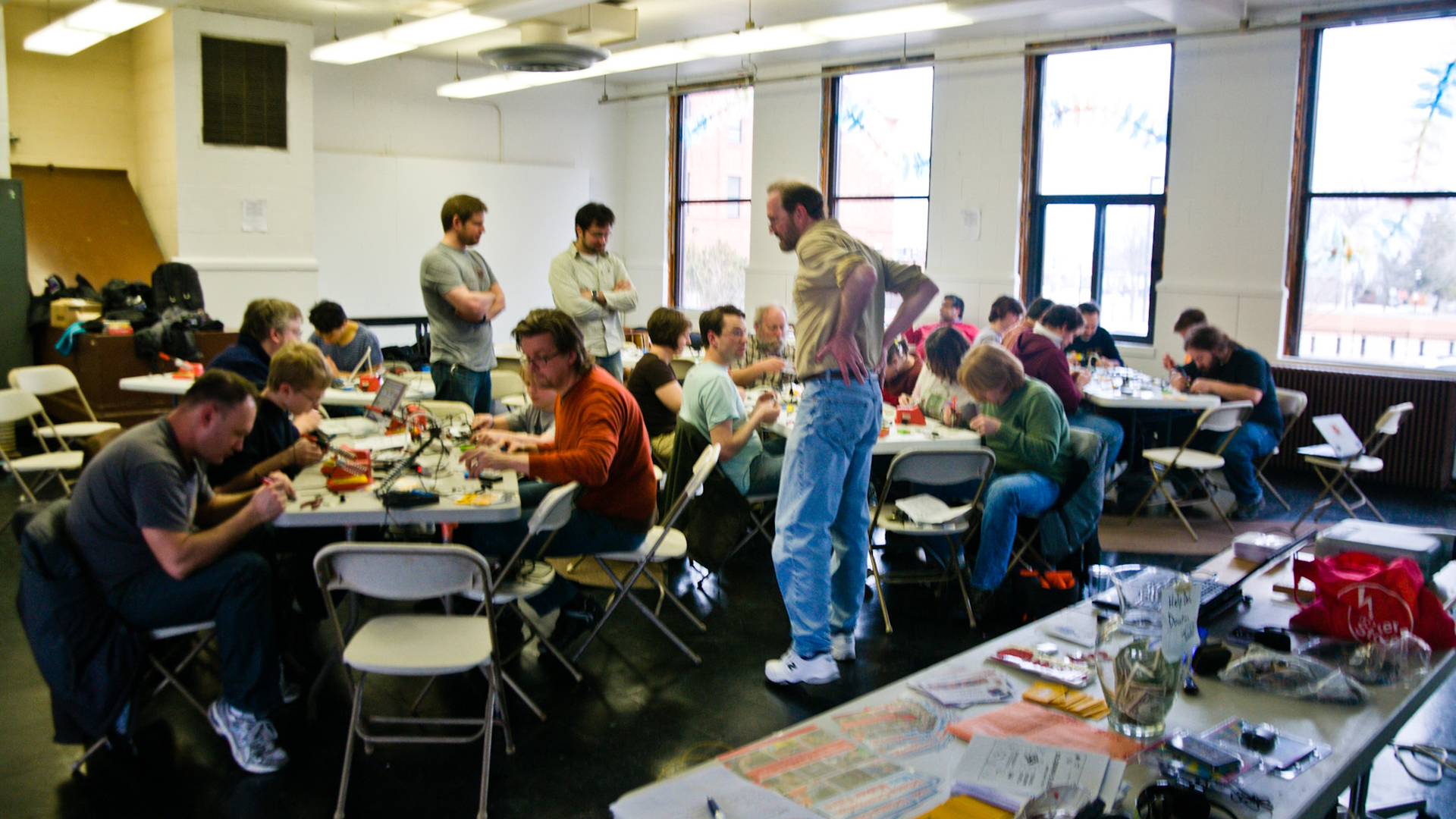PhD research on collaborative production in circular cities
New PhD research aims to understand the spatial and social consequences in establishing circular collaborative production in urban areas. Researcher Tanya Tsui will develop a framework for implementing circular collaborative production in urban areas based on an analysis of successful case studies. Findings of this research will be tested in a living lab in Venlo, The Netherlands.
Pushed forward and enabled by the Maker Movement, collaborative production entails the collaboration of a community of individuals to produce goods. This is typically done in a bottom-up manner, allowing the community to decide how and what to produce. Collaborative production has the potential to promote urban and social development. This PhD research aims to clarify and validate this potential. The research by Tsui specifically zooms in on the potential of collaborative production for those with disabilities and the long-term unemployed. The project thus aims to find ways to actively engage these particular social groups.
The PhD research is funded through and conducted in collaboration with EU funded Horizon 2020 project Pop-Machina. Pop-Machina has similar research objectives, and will initiate living labs in seven cities: Venlo, Leuven, Kaunas, Santander, Thessaloniki, Piraeus, and Istanbul. Tsui will be working as both a PhD candidate and a researcher in the Pop-Machina project, allowing research results from both projects to inform each other over the next four years.
Promotor: Arjan van Timmeren (Department of Urbanism)
Co-promotor: David Peck (Department of Architectural Engineering and Technology)
